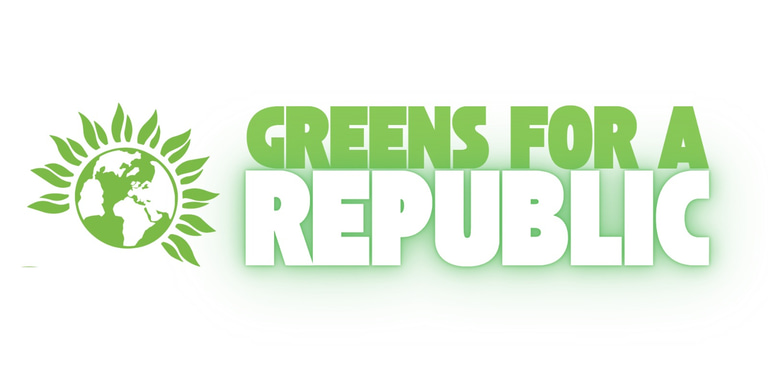Republic movements abroad
Predicting which monarchy might be next to go depends on political, cultural, and public sentiment factors. The race to become the next republic is on!
11/8/20252 min read
1. Spanish Monarchy
Why It Could Be Next:
- Scandals and Corruption: Ongoing controversies surrounding former King Juan Carlos I, including allegations of financial misconduct, have severely damaged the institution's credibility.
- Regional Tensions: Strong anti-monarchist sentiment in regions like Catalonia and the Basque Country, combined with their independence movements, has weakened support for the crown.
- Generational Divide: Younger Spaniards are less supportive of the monarchy compared to older generations.
2. Belgian Monarchy
Why It Could Be Next:
- Regional Divisions: Belgium’s deep linguistic and cultural divides (between Flemish and Walloon populations) challenge national unity, and the monarchy’s role as a unifying symbol is increasingly questioned.
3. British Monarchy
Why It Could Be Next:
- Generational Shift:Younger generations in Britain show declining support for the monarchy, with many favoring a republic.
- Political Questions: Growing discussions around devolution and independence in Scotland and Wales, where republican sentiment is stronger, could pressure the monarchy.
- Perceived Extravagance: The monarchy’s wealth, costs, and controversies (e.g., Andrew Mountbatten-Windsor) spark debates about its relevance.
4. Thai Monarchy
Why It Could Be Next:
- Political Unrest: The Thai monarchy faces increasing criticism from youth-led movements demanding democratic reforms.
- Strict Laws: The lèse-majesté laws (punishing criticism of the monarchy) have heightened tensions, making the institution a focal point for political dissent.
The Spanish monarchy is the most likely to face abolition next but why is the republic movement stronger there?
1. Recent History of Dictatorship: Spain’s monarchy is closely tied to the Franco regime. After Francisco Franco's dictatorship (1939–1975), King Juan Carlos I was restored to the throne, which linked the monarchy to a period of repression and authoritarianism. This association fosters distrust among many Spaniards.
2. Scandals and Corruption: The Spanish royal family has faced numerous scandals, including financial corruption and controversies surrounding former King Juan Carlos I. These issues have significantly eroded public trust and support for the monarchy.
3. Regional Tensions: Spain's regional independence movements, particularly in Catalonia and the Basque Country, view the monarchy as a symbol of centralised authority. This has strengthened republican sentiments in these areas.
4. Weaker Historical Attachment: Unlike Britain, where the monarchy has centuries of uninterrupted history and cultural integration, Spain’s monarchy was abolished and reinstated multiple times. This less consistent presence weakens its perceived legitimacy.
5. Greater Public Dissent: In Spain, public protests against the monarchy are more frequent and openly tolerated, while in Britain, cultural reverence for the royal family can act as a barrier to widespread republican discourse.
These factors combine to make the anti-monarchy movement more prominent and politically impactful in Spain than in Britain but it is not inevitable. The race to become a republic is on!
